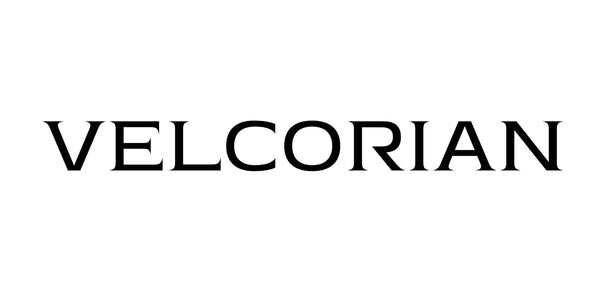The Uncomfortable Truth About Chopping Boards
Share
We often think of our kitchens as the safest room in the house. After all, it’s where we prepare meals for our families, where we celebrate birthdays, and where day-to-day life quietly unfolds. But what if one of the most essential items in your kitchen — your chopping board — was quietly putting your health at risk?
The Hidden Problem Nobody Talks About
Most people use either a plastic, wooden, or bamboo chopping board. But each of these materials comes with issues that aren’t widely understood:

Wooden boards, while praised for their natural antimicrobial properties, can become dangerous if not properly dried between uses, especially when switching from raw meat to vegetables. Simply rinsing isn’t enough. Once moisture soaks into the grain, it creates a breeding ground for bacteria like Listeria, Salmonella, and E. coli.

Plastic boards may seem cleaner, but they degrade over time, releasing microplastics into your food — especially when cut with a sharp knife. These microplastics don’t just stay in the food; research shows they build up in our bodies over time. Animal studies have shown that these chemicals cause a wide range of health issues, like hormonal imbalance and even cancer.

Bamboo boards are often marketed as a “natural” option, but they come with their own hidden concerns. Many are made by binding together bamboo fibres using toxic glues or resins, which can release chemicals over time — especially when exposed to heat or wear. Additionally, some are chemically bleached for a uniform appearance, which may not be food-safe.

By contrast, non-porous, microplastics-free solid surface boards remained free of harmful bacterial or synthetic residue after repeated use and dishwasher cycles.
What You Can Do:
- Choose non-porous, dishwasher-safe materials
- Regularly inspect chopping boards for wear and replace when deep grooves form
- Don’t rely on hot water alone — use antibacterial cleaning methods or dishwashers for a thorough clean
- Keep separate boards for raw meat and fresh produce
- If you use wood, make sure it dries completely between uses
A Smarter Board for Health-Conscious Kitchens
One new option gaining attention is the solid surface chopping board — a non-toxic, long-lasting material used in food-safe countertops and labs. Unlike wood, plastic, or bamboo, it doesn't splinter, rot, or leach anything into your food.
One brand, Velcorian, has designed its boards to be microplastics-free, antibacterial, antifungal, and fully dishwasher-safe — with a lifespan of up to 15 years. It’s a beautiful, sustainable upgrade for anyone who takes their kitchen health seriously.

